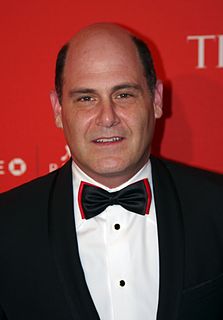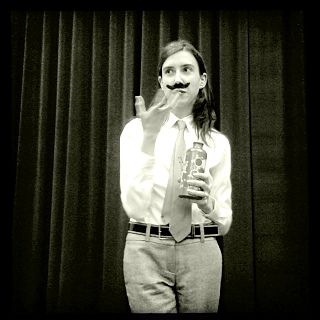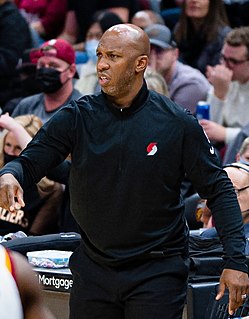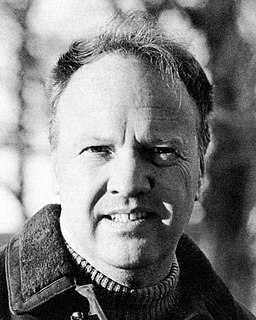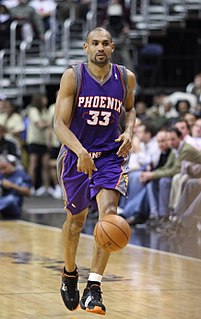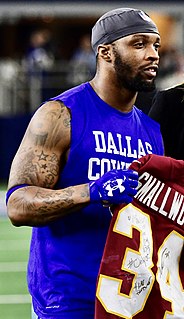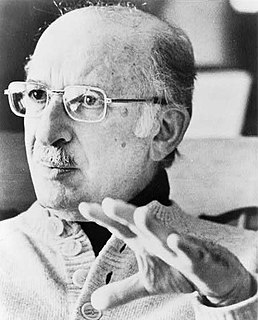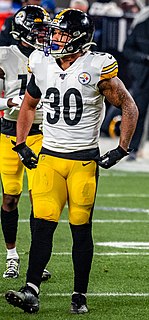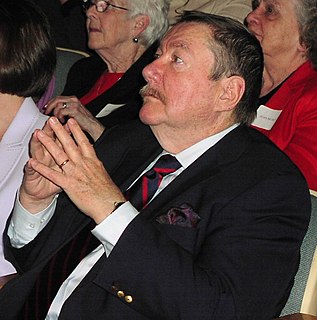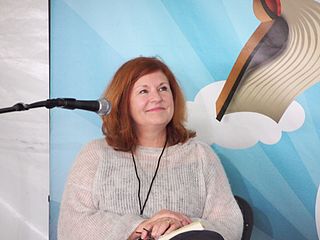Top 1200 Rough Drafts Quotes & Sayings - Page 3
Explore popular Rough Drafts quotes.
Last updated on December 11, 2024.
There is a hollow, holey cylinder running from hilt to point in my machete. When I blow across the mouthpiece in the handle, I make music with my blade. When all the holes are covered, the sound is sad, as rough as rough can be and be called smooth. When all the holes are open, the sound pipes about, bringing to the eye flakes of sun on water, crushed metal. There are twenty holes. And since I've been playing music, I've been called all different kinds of fool - more times than Lobey, which is my name.
